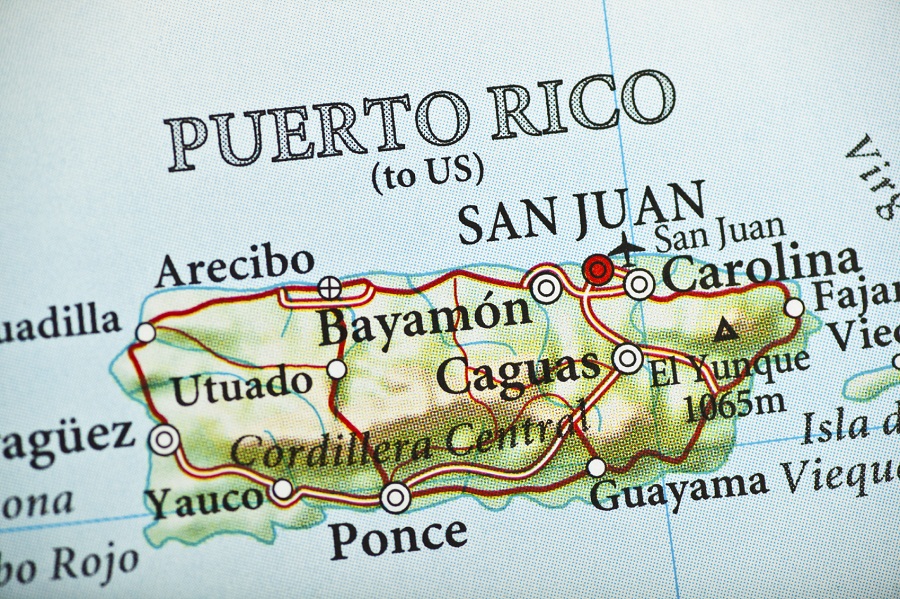As the Puerto Rican government embraces default as a way of dealing with a $422 million debt payment due Monday, a lot of investors and financial advisers might be surprised at how exposed they are to the island country's financial woes.
Even investors in single-state municipal bond funds are likely to have some exposure to the heavily indebted economy.
Because of Puerto Rico's triple-exemption status, which means the income on its bonds are exempt from taxes at the federal, state and local levels, some municipal bond shops have been loading up on the country's higher-yielding debt.
The biggest player in the muni-bond space has been OppenheimerFunds, which has many of its single-state muni bond funds loaded up with Puerto Rican debt.
An OppenheimerFunds spokeswoman did not comment about specific portfolio positions, but acknowledged that the situation in Puerto Rico is being closely monitored.
"OppenheimerFunds has been managing investments in Puerto Rico for more than 20 years," said spokeswoman Kimberly Weinrick. "We continue to work constructively with all parties involved in an effort to try to reach an equitable agreement."
According to Morningstar, OppenheimerFunds makes up 17 of the top 20 funds ranked by allocations to Puerto Rican bonds.
The Franklin Double Tax-Free Income Fund (FPRTX) tops the list with 44.72% of the portfolio weighted in Puerto Rico, but the next 13 slots
belong to OppenheimerFunds, with Puerto Rican exposure ranging from 12.87% to 42.6%.
The data is through March 31, and the Franklin fund was merged in late April into the Franklin High Yield Tax-Free Income Fund (FRHIX).
Considering that the list is made up mostly of single-state funds, investors and financial advisers might be confronting a rude awakening as Puerto Rico's government continues to try and maneuver around its
$70 billion worth of debt that it cannot afford to pay.
In addition to Monday's debt-payment deadline, the country has another $2 billion debt payment due on July 1.
Puerto Rico is prevented under U.S. law from filing Chapter 9 bankruptcy, which is often used by local governments.
That unique legal twist introduces a
special challenge in Puerto Rico, according to Ron Bernardi, president and chief executive of fixed-income broker-dealer Bernardi Securities.
“It is a huge problem that has got to be dealt with, and all the creditors will have to concede something,” he said. “There are 3.5 million people there in pretty dire circumstances; I think Congress needs to get involved.”
For financial advisers and investors, the lesson here is the pay close attention to where your portfolio manager is going for yield in the muni space.
“Over the past decade we've seen more mutual funds participate in the Puerto Rican bond market, because the higher-yield component appeals to some portfolio managers,” said Todd Rosenbluth, director of mutual fund and ETF research at S&P Capital IQ.
While bond yields are generally viewed as an indicator of risk associated with the investment, Mr. Rosenbluth said, “There are some active managers who believe the credit risk of a security is different from what the rating agencies are saying.”







